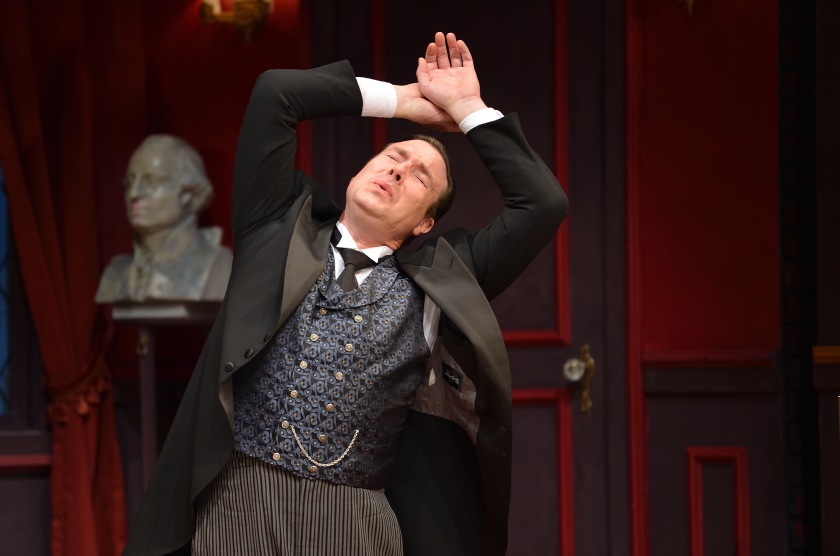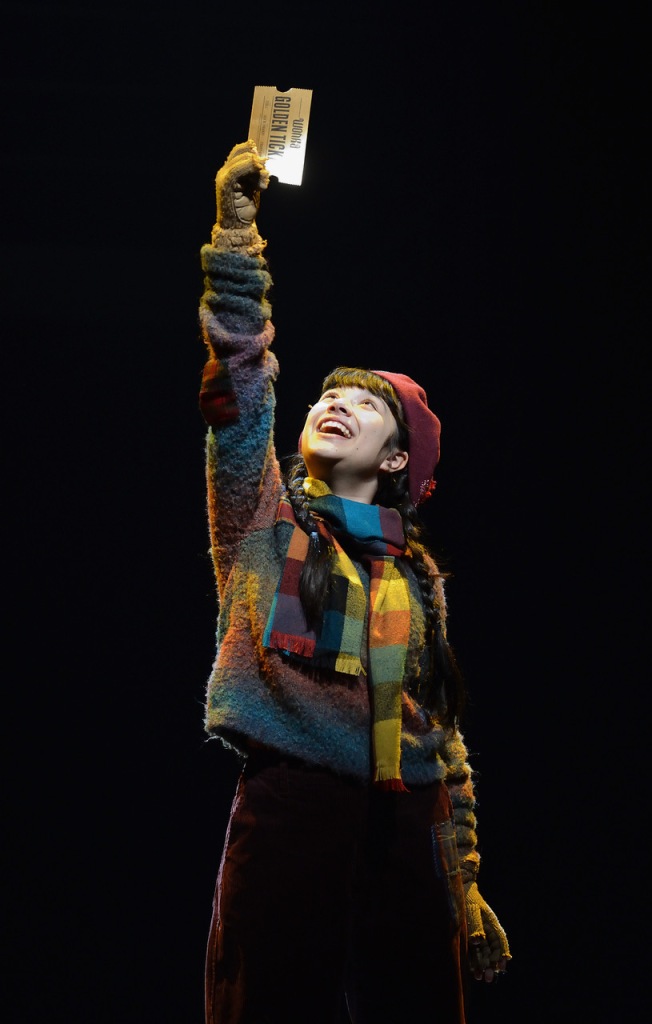After flipping through a stack of vinyl LPs in my basement recently, I posted, on Facebook, a photo of the jacket from an album recorded at the elementary school I attended. It was released in Leamington, Ont., in 1967 and was titled Ridge School Choir Sings a Centennial Souvenir. It consisted of a dozen tracks — largely a roundup of pieces the choir had performed at recent music festivals.
The post got dozens of responses. Many former pupils remembered recording the album; a few commenters mentioned the cursive writing with which pupils had autographed its cover. But the predominant theme among those who replied was an enduring affection for our itinerant music teacher, Selina Noble (Selina rhymes with “China”). The tributes flowed not only from former pupils at Ridge — the same held true for those who had attended other Essex County schools at which she’s taught, such as Gosfield South (now Jack Miner), Inman, Mt. Carmel, Olinda, Ruthven and Union.
Mary Newland, a Grade 6 pupil at the time of the recording, went on to make singing her career, much of it in recording studios in Los Angeles and on stages around the world. She continues to perform alongside composer, producer, keyboardist and husband Richard Baker.
“I credit Mrs. Noble with being the first person to tell me I could sing, the first one to give me the opportunity and I honestly don’t know that I’d have pursued it had she not done so,” Mary wrote. “To have her influence and guidance, teaching us to sight read and inspire us to do so well at music festivals was, for me, the highlight of my elementary school years.”
Janice Founk (née Driedger), who attended Gosfield South Area Public School, wrote that “most of my fond memories were of marching up and down the rows to the beat as she played a very impressive march on the piano. (I always wanted to play like her!) I also can picture the grey hardcover sight-reading books. Who teaches that anymore? And her writing the do-re-mi scale on the board. She would then use her wooden pointer to have us sing do-la-ti-so-la … up and down the scale. What a good tone-matching exercise! But truly memorable for me was her purple hair, big fancy jewelry and bright red lipstick — and perfume!!”
Norma Selina Hutchins was born on Dec. 1, 1901, in Colchester, Ont.; her birth registered in nearby Essex. She was the descendant of a family that had emigrated to the United States from Dorchester, England, in the mid-1700s. When the American Revolutionary War arrived, her family sided with the British and came to Upper Canada as United Empire Loyalists.
Selina married Orvel Noble and the couple had one son, Donald, in 1925. The 1931 Dominion of Canada census shows that Orvel was a farmer, while Selina was listed as a homemaker. They were members of the United Church of Canada in Olinda, Ont., where Selina served as a pianist for the Sunday School children and a substitute organist for the congregation.
More than a decade passed, then hardship struck. Sometime around 1947, Orvel contracted polio. Although he retained the use of his limbs, the disease robbed him of his ability to breathe normally. Farm work became too onerous. He managed, however, to hold down a job as the janitor at Olinda Public School. With Orvel’s health in question and son Donald grown, Selina decided she’d need to join the workforce. Her musical training and experience with teaching Sunday School children were the skills she would parlay into a job as an itinerant music teacher at various elementary schools in Gosfield and Mersea townships — each school, at that time, governed by its own board of trustees.

At some point in the late 1940s or early 1950s (ArtsBeat is still searching), Selina opted to attend teachers college in Toronto (teacher certification wasn’t absolutely necessary as a condition of her employment in 1948, sources say). It was likely there that she became personally acquainted with G. Roy Fenwick, who had been appointed Ontario’s first director of music — the first such position in Canada — in 1935. Fenwick became a powerful influence on Selina Noble throughout her career, first as her professor, then as author and editor of the High Road of Song music textbooks, widely used in Ontario elementary schools, and then as adjudicator at some of the festivals to which Mrs. Noble brought her school choirs. Dr. Fenwick, in fact, visited Mrs. Noble and Ridge Public School during the recording of the commemorative Centennial album, in late 1966. The following year, CBC Radio broadcast a selection by the Ridge choir as part of a series called Ontario Sings, hosted by Lloyd Queen.
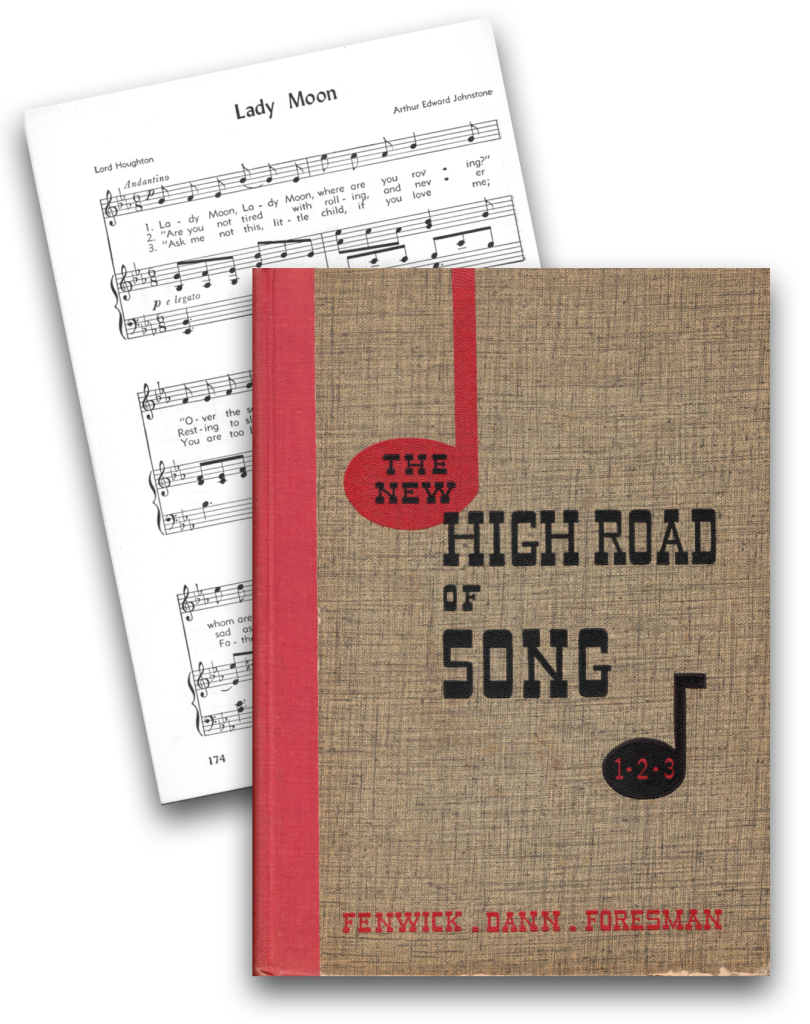
Susie Knight, co-owner of Hair Traffic and Skin Sense on Leamington’s Talbot Street, is Selina Noble’s niece. She remembers her aunt from family reunions and other functions as being serious, even sometimes stern. “I don’t think my aunt liked me,” she says. “She called me a flibbertigibbet…. Aunt Lina was kind of gruff, but obviously she was a lovable person to her students. As they say, ‘If you don’t reach for the stars, you don’t get anywhere near them.'”
In that regard, Susie says, her Aunt Lina was very much like Helen Law, another talented musician and choral conductor who founded the Leamington Choral Society in 1960. Neither Noble nor Law tolerated flippancy or mischief; they were focused on the pursuit of excellence. “The things Helen Law taught me stayed with me,” Knight recalls.

Greg Noble, born in 1951, was fortunate enough to be taught music by his grandmother during all eight of his elementary school years — four at Olinda and four at Ruthven. He recalls that his Grandma would insist that their relationship inside the classroom be strictly one of teacher and student. “When she’d come to school, the students would say, ‘Good morning, Mrs. Noble.’ I’d say, ‘Good morning, Grandma.’ She didn’t like that. She taught thousands of students. They all liked her — most of them, anyway.”
Michelle Stockwell was a Grade 8 pupil at Ridge school during the recording of the centennial album. On Dec. 14, 1966, she wrote a testimonial to the love of music her teacher had instilled in her. “We like to sing to make people happy and to please Mrs. Noble. She is the only music director I know who can sweet-talk a group of normal children into singing like a host of celestials. This is good, because when you’re finished there is still a warm glow of pride left.”
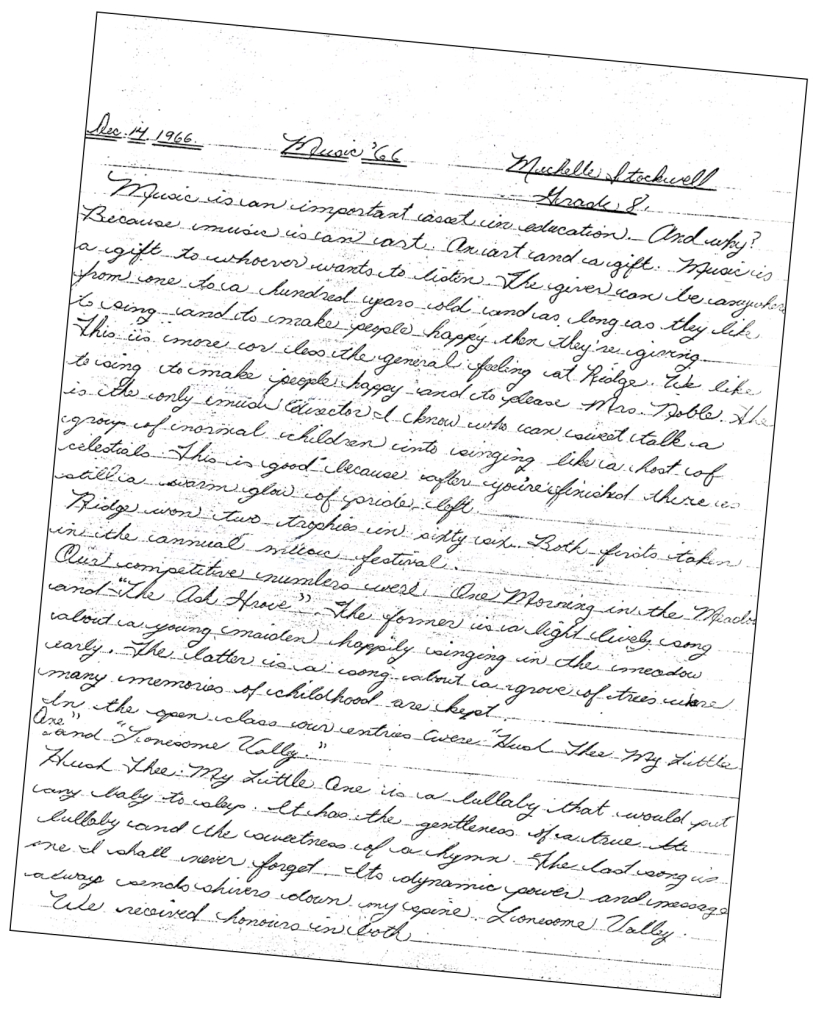
In her essay, 12-year-old Michelle went on to describe the experience of winning first place at the local music festival and of a visit by Dr. Fenwick to Ridge school. “He listened to our choir and made favourable comments,” she wrote. “He stayed for lunch and then listened to the juniors sing. In one [class]room, there still remains a yellow and pink star at the top corner of the blackboard, a memento of his visit.”
Michelle recalled a performance by the Ridge school senior choir at Windsor Teachers College in May of that year. (“We would be the first public school ever to attempt such a thing,” she wrote.) The musical selections were Lonesome Valley, Hush Thee My Little One and The Ash Grove. She concluded her essay with, “Although I won’t be here next year, I hope the Ridge children will carry on what has been going on for as long as I can remember. Music!!!”
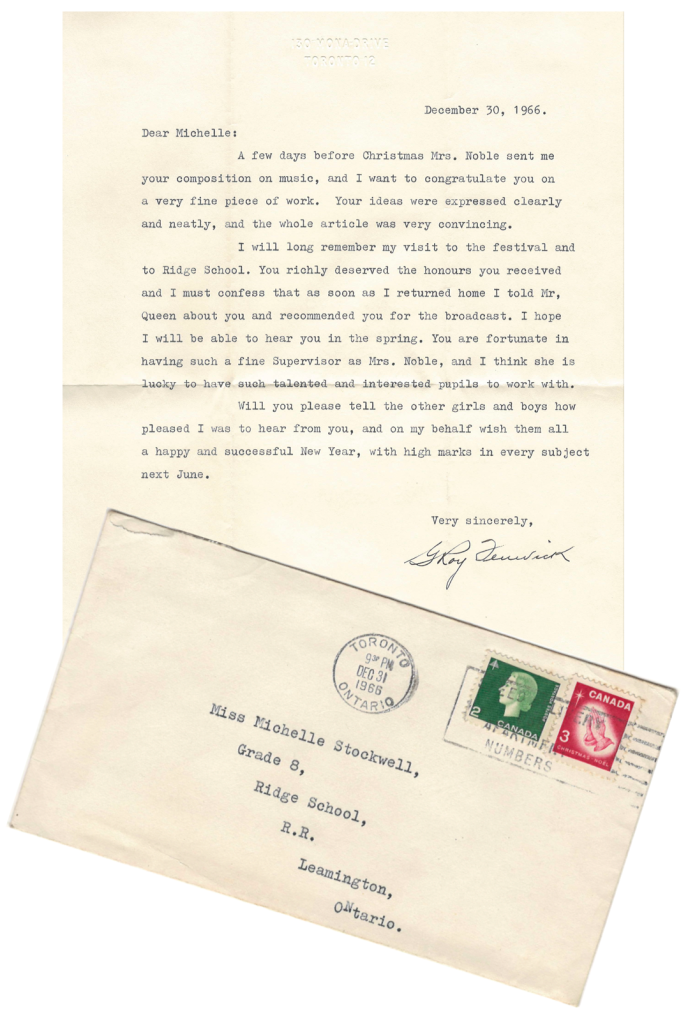
Orvel Noble died in mid-August 1966. Here again, Selina’s professionalism became evident. While we were recording the Ridge School Centennial souvenir album and rehearsing the 1966 Christmas pageant, telling the story of the Nativity from Joseph’s point of view, few of us had any idea that, just months earlier, Selina had buried her husband. Donald Noble predeceased his mother when he died of a rare tropical illness at Victoria Hospital in London, Ont., in 1985.

Throughout the 1950s and ’60s, music festival results published in both the Leamington Post and the Windsor Star frequently made mention of the accomplishments of Mrs. Noble’s students and choirs. Selina Noble was 68 when, in June 1970, the Essex County Board of Education honoured her for 22 years of teaching. She died in 1995.
The following are the tracks contained on Ridge School Choir Sings a Centennial Souvenir. The vinyl LP contains no information about the musical selections, such as publisher, year of publication, type of arrangement, etc., so properly crediting and licensing them here would seem impossible.
Introduction by Mrs. Selina Noble
Canada (Proudly We Hail Thee)
Men of Harlech
Fair Are the Meadows
My Lord, What a Mornin’
Vesper Hymn
Jacob’s Ladder
Canada, My Home
O Come, Be Glad and Sing
Mary Sang Softly
O Lord, I’m Tired
The Lord’s My Shepherd
Lonesome Valley

Thanks to Greg Noble, Don Sayers, Ida Smith, Deanna Reid, Jo-Anne Jaynes, Olav Kitchen, Michelle Stockwell, Western University Libraries’ educational disciplinary coordinator Bruce Fyfe, and Windsor Public Library local history librarian Tom Vajdik for their help in researching this post.






